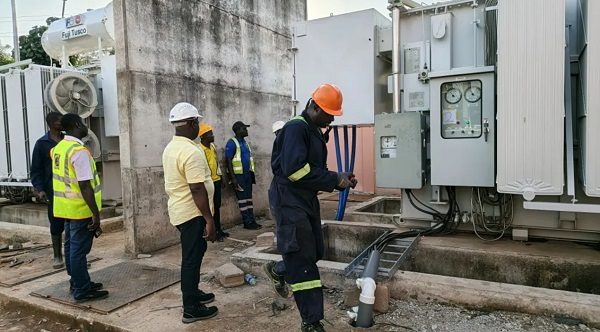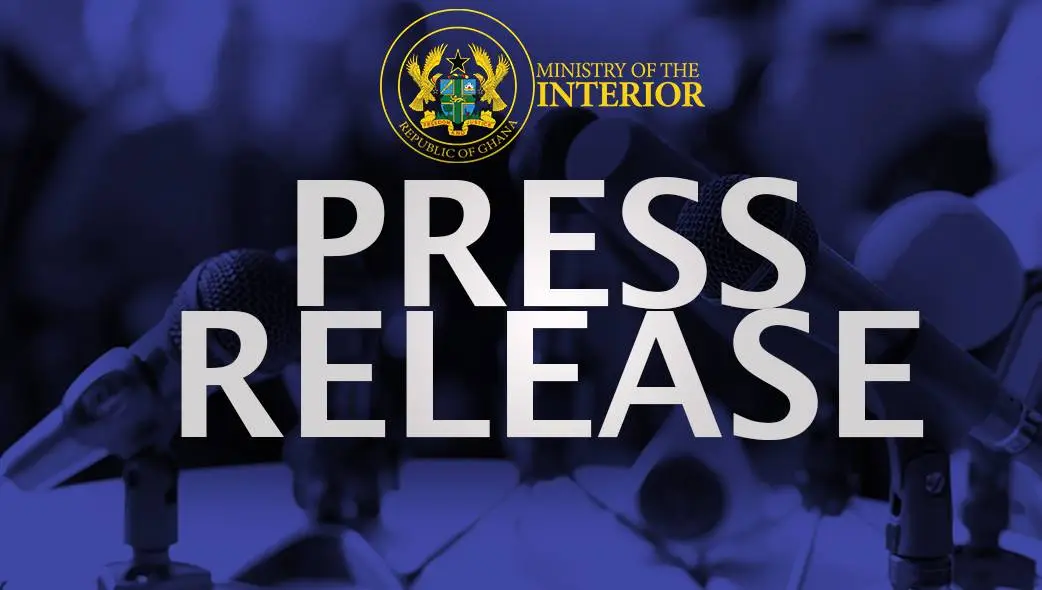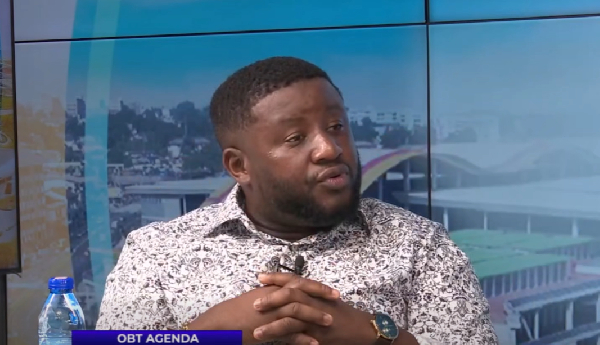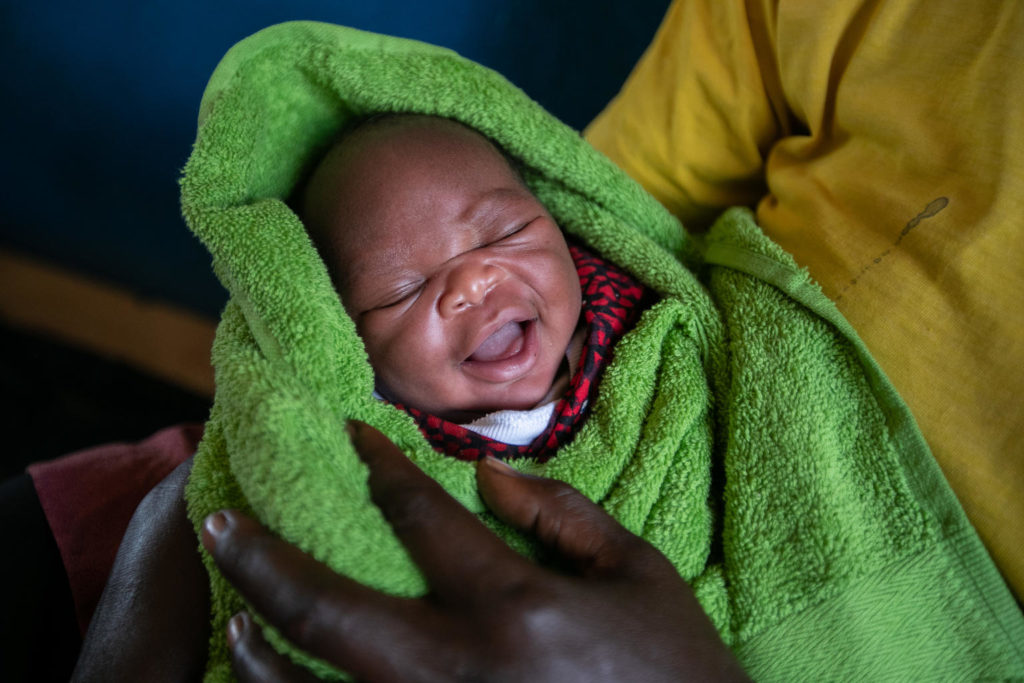A police officer sustained a serious head injury during a confrontation between students of the Savannah College of Education (SCoE) in Daboya, Savannah Region, and security personnel deployed to control the escalating tension on campus. The clash, which occurred during a protest over the institution’s status, underscores growing frustration among students regarding their future.
How the Clash Unfolded
The confrontation began when police officers, led by the Savannah Regional Commander and other senior officials, escorted the college principal, Dr. Susah Ekpampo, onto the campus to address the aggrieved students. However, what was meant to be a dialogue quickly spiraled into chaos, resulting in an attack on a police officer who was subsequently rushed to the Daboya Health Centre for treatment. Fortunately, he was discharged after receiving medical attention.
Security forces managed to arrest one student in connection with the incident. However, the suspect has since been granted bail under strict conditions, including a warning to refrain from further incitement.
Underlying Tensions: Students Demand Transparency
The root of the unrest dates back to longstanding grievances among the teacher trainees, particularly Level 100 students, who have persistently demanded full transparency on the college’s official status. Many students feel deceived, alleging that they were initially led to believe that the college had been absorbed into Ghana’s public tertiary education system, only to later discover that this was not the case.
Protesters carried placards with inscriptions such as “SCoE is a scam”, and in previous demonstrations, they locked lecture halls and boycotted academic activities in an attempt to pressure management into addressing their concerns.
Despite Dr. Ekpampo’s efforts to pacify the students, they have vowed to continue their protests. In their latest move, they have scheduled a demonstration on the principal streets of Daboya on Wednesday, March 5, to further press their demands.
Political and Institutional Responses
The controversy surrounding the college’s status has drawn sharp criticism from students, political figures, and education stakeholders. The Savannah Regional Minister, Salisu Be-Awuribe, has pointed fingers at both the Ghana Tertiary Education Commission (GTEC) and the previous New Patriotic Party (NPP) administration, accusing them of prematurely declaring SCoE a public institution for political gain.
He argued that the decision to list the institution on the GTEC website as a public entity was misleading and caused unnecessary confusion among students and parents. However, he reassured students that efforts were being made to resolve the matter swiftly.
“We are making sure that the Savannah College of Education is fully absorbed into the public system as quickly as possible. Before these students graduate, they will be graduating from a recognized public institution,” Be-Awuribe stated in an interview with JoyNews.
He further urged students to remain calm and refrain from further disruptions, emphasizing that shutting down the school is not a viable solution.
What Lies Ahead?
While the government has promised to expedite the process of formally integrating SCoE into the public education sector, students remain skeptical. Many believe they have been misled and insist on receiving official documentation confirming the institution’s new status before calling off their protests.
With a major demonstration planned for March 5, tensions are still running high. The coming days will be crucial in determining whether the government and education authorities can effectively address the students’ grievances or whether further unrest will unfold.









